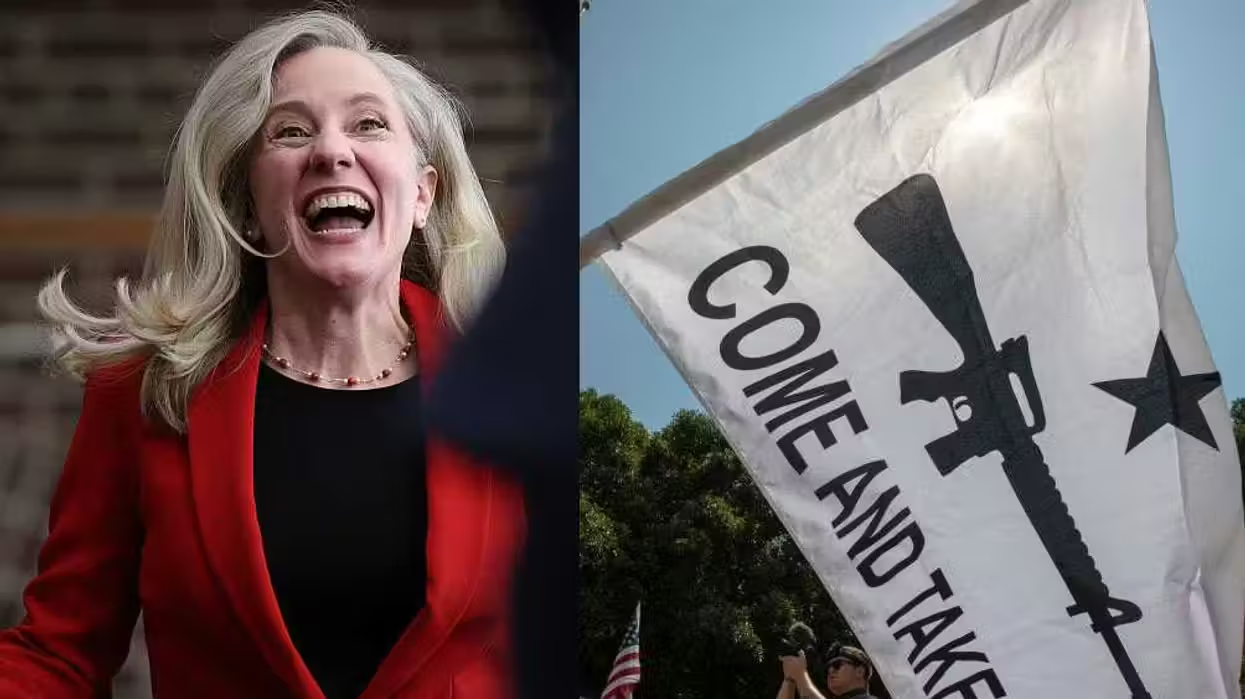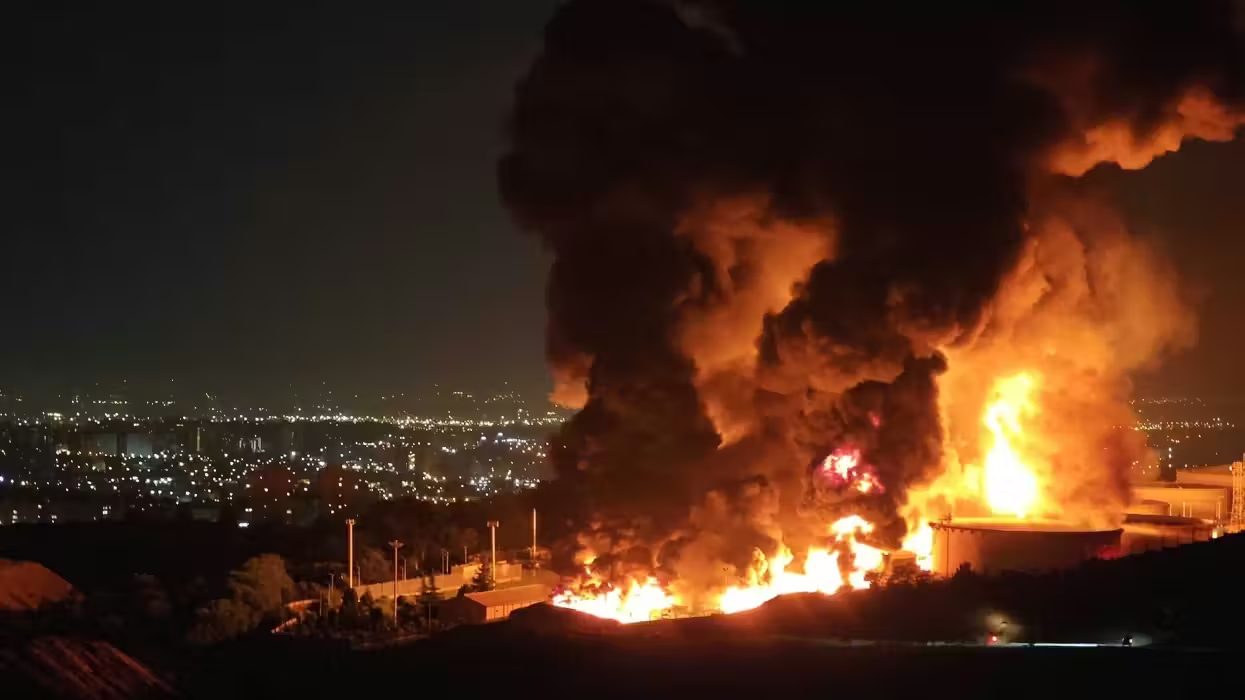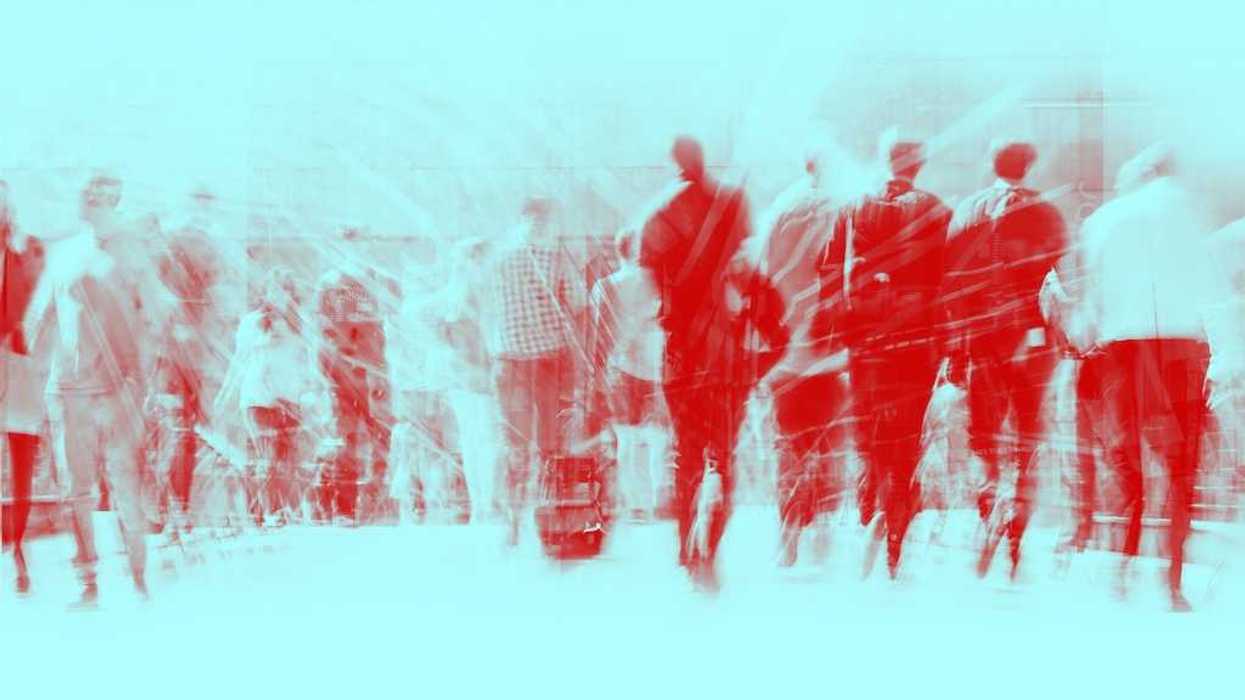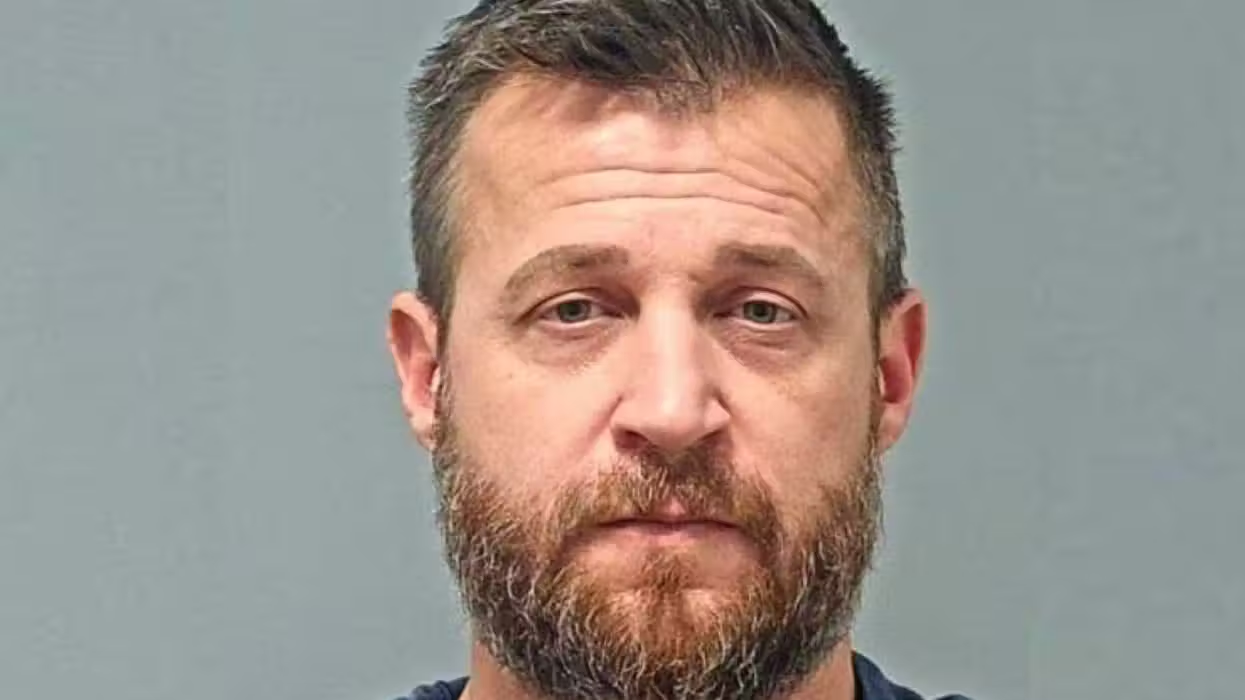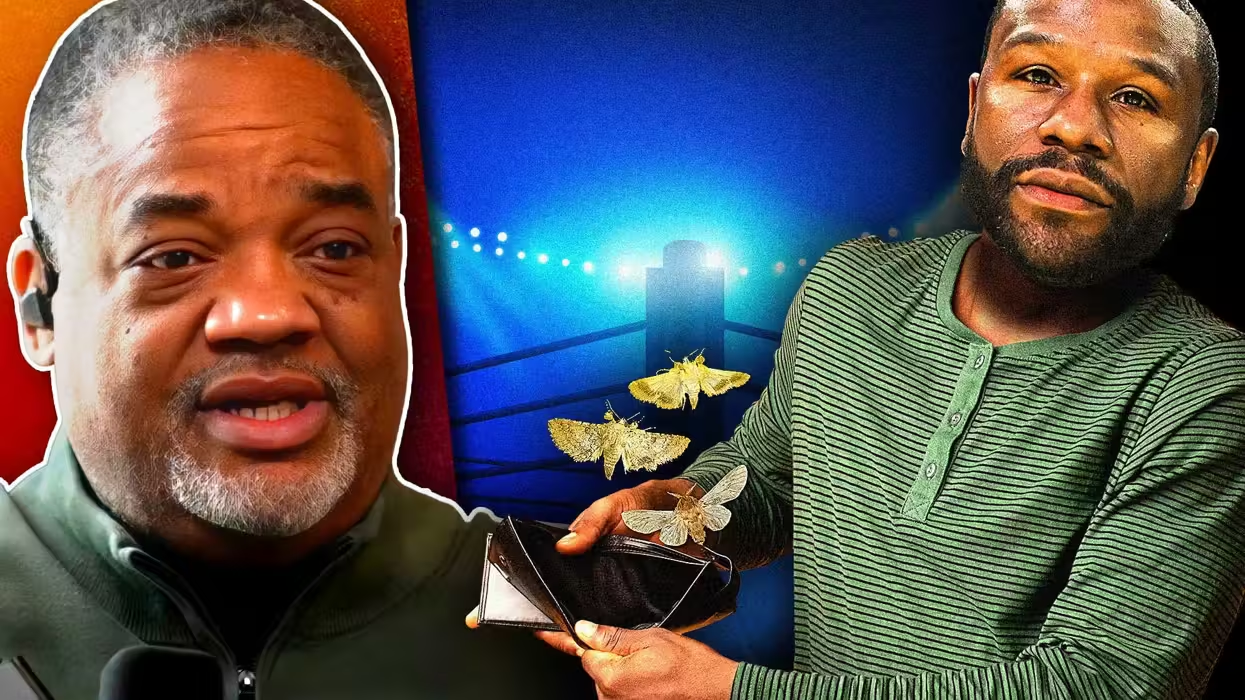Iran's choice for an ambassador to the United Nations – a man who reportedly participated in seizing the U.S. Embassy in the 1979 Iranian hostage crisis – will have no impact on the ongoing nuclear negotiations between the United States and Iran, White House press secretary Jay Carney told TheBlaze Thursday.
 White House press secretary Jay Carney speaks during the daily briefing at the White House in Washington, Tuesday, March 18, 2014. Carney answered questions about Ukraine and Russia. (AP Photo/Susan Walsh) AP Photo/Susan Walsh
White House press secretary Jay Carney speaks during the daily briefing at the White House in Washington, Tuesday, March 18, 2014. Carney answered questions about Ukraine and Russia. (AP Photo/Susan Walsh) AP Photo/Susan Walsh
“We are focused on a very specific task, which is to see if we can resolve diplomatically the challenge posed by Iran's nuclear program,” Carney said. “Any resolution of that diplomatically would have to be one that provides transparency and validation to the necessary commitment by Iran to forsake nuclear weapons and the development of nuclear weapons.”
Carney said the nuclear talks are separate from the ambassadorship and all other matters where the two countries have strong disagreements.
“So, as has been the case when we've talked about other issues with which we've had great disagreements with Iran, like Syria and its sponsorship of terrorist organizations, we do not let up on Iran in terms of the pressure we place on it in those matters,” Carney said.
Rouhani nominated Hamid Aboutalebi to be Iran's ambassador to the U.N., which is headquartered in New York. That would require State Department approval, through a visa, to enter the United States.
Aboutalebi was reportedly a member of the militant group that seized the U.S. Embassy in Tehran in 1979 and held American personnel hostage for 444 days.
Several U.S. senators from both parties, including Ted Cruz (R-Texas) and Charles Schumer (D-N.Y.) have called for the State Department to refuse Aboutalebi a visa.
Aboutalebi has been a career diplomat in Iran, and served as the Islamic Republic’s envoy to Australia, Belgium and Italy.
Carney said the administration has already commented on the Aboutalebi, and opted Thursday only to focus on how it would affect the nuclear talks going forward.
On Wednesday, the State Department spokeswoman Marie Harf called the nomination "extremely troubling."
“We’re taking a close look at the case now, and we’ve raised our serious concerns about this possible nomination with the government of Iran. I’m not going to get into specifically how we’ve done that, but we have done that," Harf said. “As host nation of the U.N., except for in limited exceptions, we’re generally obligated, as folks know, under an agreement between the U.S. and the U.N. to admit the chosen representatives of permanent – of member states into the U.S. for purposes of representing their country at the U.N."
—
Follow Fred Lucas (@FredVLucas3) on Twitter

 White House press secretary Jay Carney speaks during the daily briefing at the White House in Washington, Tuesday, March 18, 2014. Carney answered questions about Ukraine and Russia. (AP Photo/Susan Walsh) AP Photo/Susan Walsh
White House press secretary Jay Carney speaks during the daily briefing at the White House in Washington, Tuesday, March 18, 2014. Carney answered questions about Ukraine and Russia. (AP Photo/Susan Walsh) AP Photo/Susan Walsh

